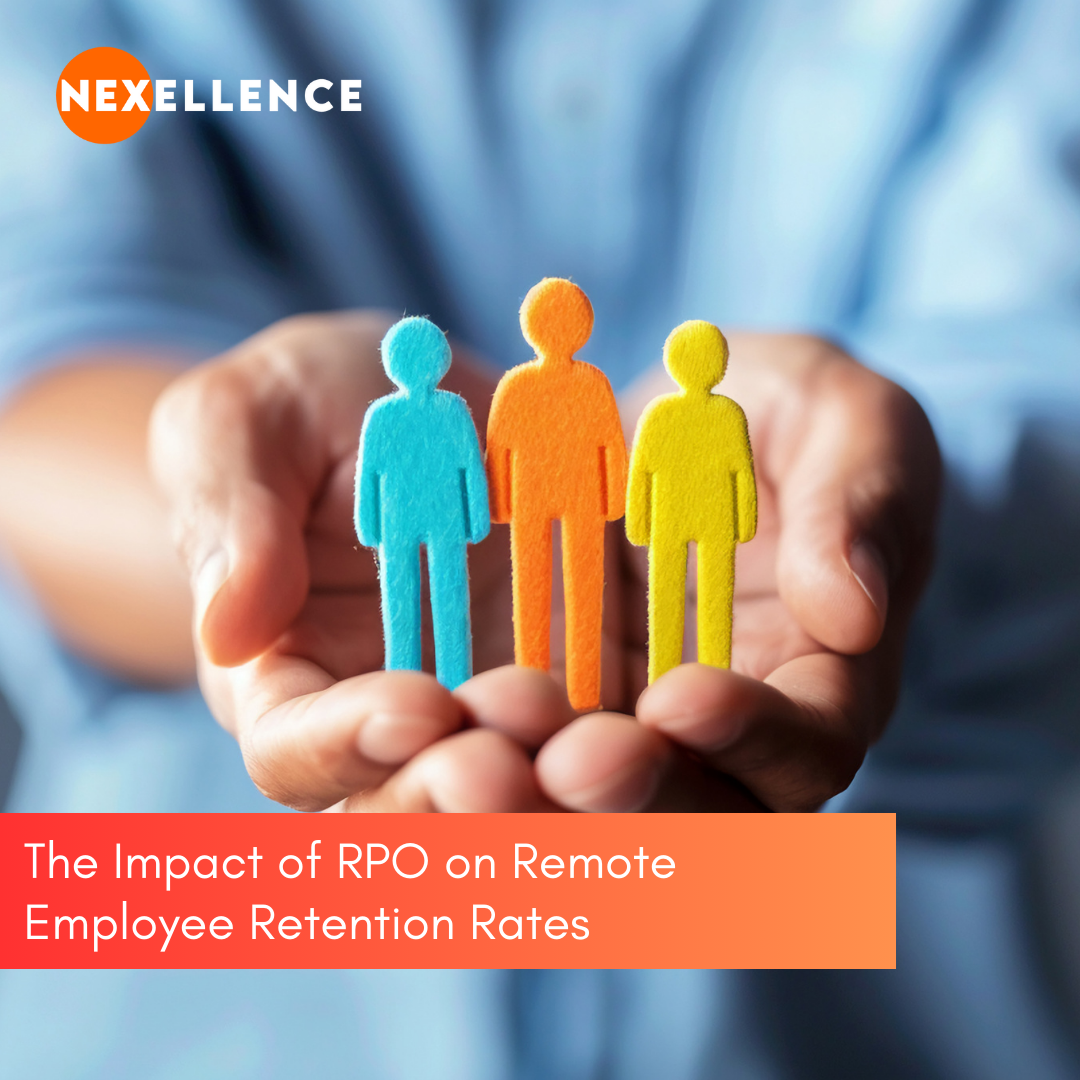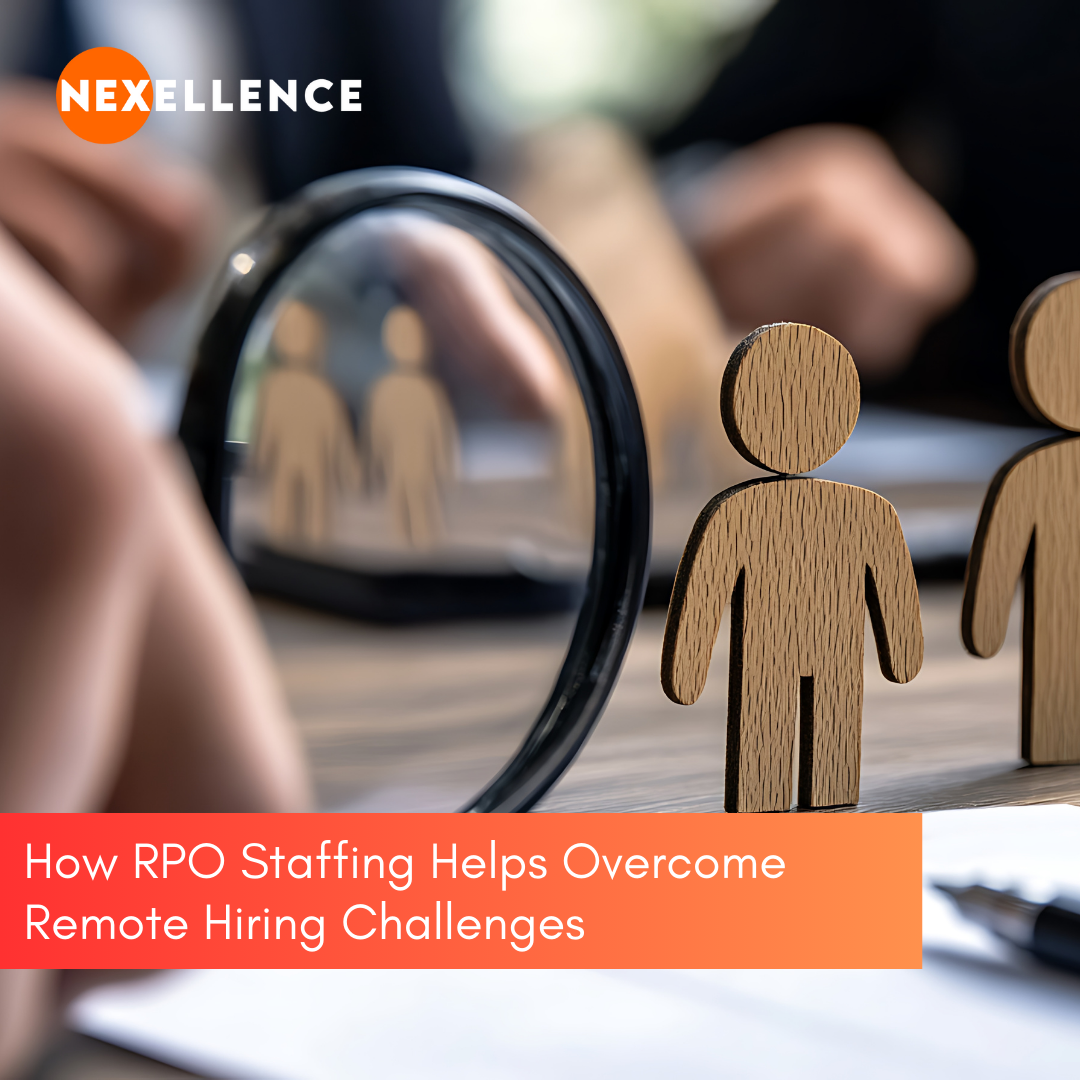In today’s fast-paced business environment, companies are continually seeking innovative solutions to streamline their operations and improve efficiency. One such innovation is the use of virtual callers or recruiters in the hiring process. This technology-driven approach not only saves time and resources but also ensures that companies can access a broader talent pool. In this blog post, we will explore the concept of virtual callers/recruiters, their benefits, and the detailed workings of this modern recruitment tool.
What is a Virtual Caller/Recruiter?
A virtual caller or recruiter is a technology-enabled service that automates the initial stages of the recruitment process. It uses artificial intelligence (AI) and machine learning (ML) to conduct preliminary interviews, screen candidates, and even schedule further interviews with human recruiters. These virtual recruiters can operate 24/7, providing a seamless and efficient recruitment experience for both employers and job seekers.
Benefits of Virtual Callers/Recruiters
- Increased Efficiency
- Virtual recruiters can handle multiple tasks simultaneously, allowing for the screening of numerous candidates at once. This significantly reduces the time taken to fill a position compared to traditional methods.
- Cost-Effective
- By automating the initial stages of recruitment, companies can save on costs associated with manual screening and interviewing processes. This is particularly beneficial for small and medium-sized enterprises (SMEs) with limited HR budgets.
- Consistency and Objectivity
- Virtual recruiters follow a standardized process for all candidates, ensuring that the screening is consistent and free from human bias. This leads to a fairer selection process.
- 24/7 Availability
- Unlike human recruiters, virtual recruiters are available around the clock. This means candidates can be screened at any time, making the process more flexible and convenient for job seekers in different time zones.
- Enhanced Candidate Experience
- Virtual recruiters can provide instant feedback and updates to candidates, improving their overall experience. Quick responses and transparent communication make candidates feel valued and respected.
- Data-Driven Insights
- The use of AI and ML allows virtual recruiters to collect and analyze data on candidates, providing valuable insights into the recruitment process. This data can help companies refine their hiring strategies and make more informed decisions.
- Scalability
- Virtual recruiters can easily scale to meet the needs of growing companies. Whether a company needs to hire one employee or hundreds, virtual recruiters can manage the increased demand without compromising on quality.
How Do Virtual Callers/Recruiters Work?
- Job Posting and Candidate Sourcing
- The process begins with job postings on various platforms. Virtual recruiters can source candidates from job boards, social media, and professional networks.
- Automated Screening
- Candidates who apply are subjected to an automated screening process. This includes the evaluation of resumes, cover letters, and other submitted materials using AI algorithms that match qualifications with job requirements.
- Initial Interview
- Qualified candidates are then invited to participate in an initial interview conducted by the virtual recruiter. These interviews can be pre-recorded video responses or real-time interactions using chatbots.
- Assessment and Ranking
- Based on the interview responses, candidates are assessed and ranked according to predefined criteria. This step ensures that only the most suitable candidates move forward in the process.
- Scheduling Human Interviews
- For candidates who pass the initial screening, the virtual recruiter schedules interviews with human HR personnel or hiring managers. This eliminates the back-and-forth typically involved in coordinating schedules.
- Feedback and Follow-Up
- Throughout the process, candidates receive timely feedback and updates on their application status. Virtual recruiters can also handle follow-up communications, ensuring that candidates remain engaged.
Conclusion
The integration of virtual callers/recruiters into the hiring process represents a significant advancement in the field of recruitment. By leveraging AI and ML technologies, companies can achieve greater efficiency, reduce costs, and provide a better experience for candidates. As the job market continues to evolve, adopting such innovative solutions will be crucial for businesses aiming to attract and retain top talent.





